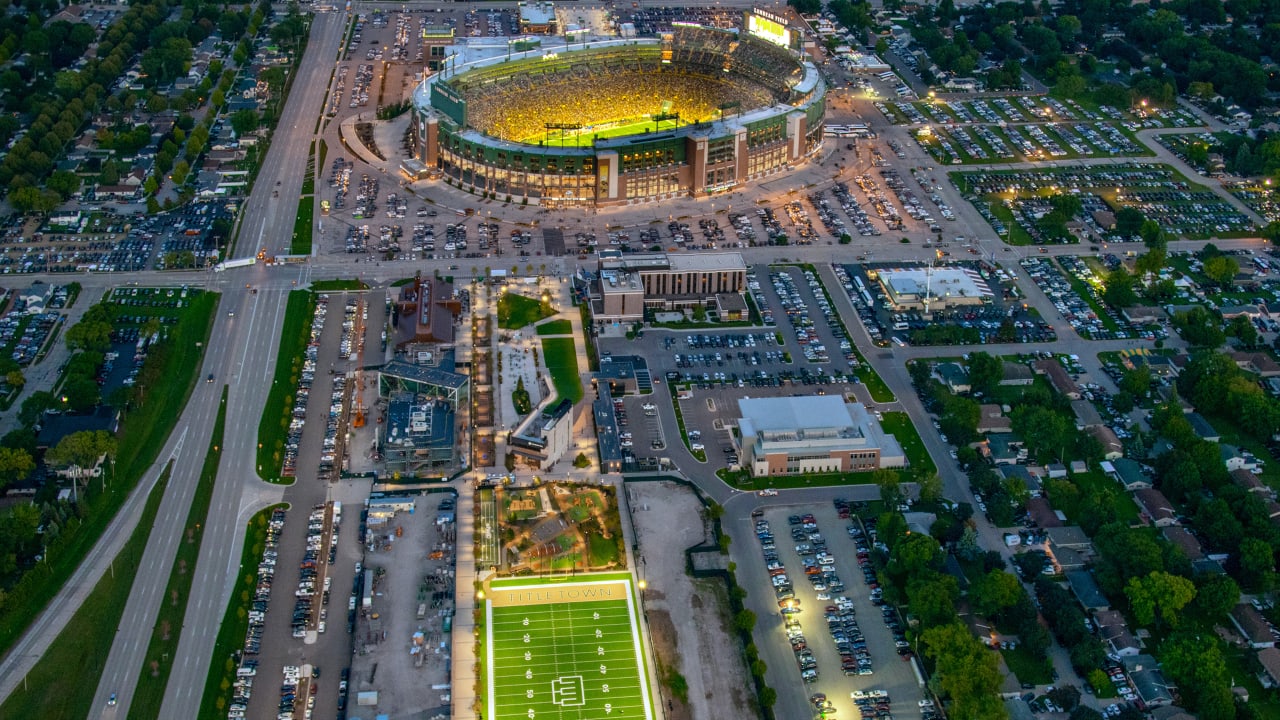Cheesehead
Well-known member
- Mar 19, 2019
- 2,854
- 0

GREEN BAY – A major drop in the Packers’ operating profit over the past fiscal year was due to multiple atypical expenses, according to President/CEO Mark Murphy as the organization released its annual financial report Friday.
Profit from operations fell from $34 million a year ago to just $724,000 for the fiscal year that ended on March 31, 2019, a decline of 98%. While revenues increased a healthy $23 million (5%), expenses grew at a substantially greater rate.
An increase of more than $56 million in expenses (13%) was due mainly to three factors – significant player contracts, the overhaul of the coaching staff, and the team’s obligations to the concussion liability reserve, which funds the legal settlement being drawn upon by former players.
Total revenues reached $477.9 million, with total expenses at $477.2 million.
“It was a unique year,” Murphy said. “We had some irregular expenses that affected our financial performance, but we’re still in a strong financial position. It’s allowed us to invest in the team, Lambeau Field, our fan experience and the community.”
Player signings and another $10 million hike in the salary cap (the sixth straight year of an eight-figure cap boost) accounted for roughly $30 million of the $56.4 million increase in expenses. The record contract extension signed by quarterback Aaron Rodgers last summer and the early splash made by General Manager Brian Gutekunst in free agency this past March were among the major moves.
Payments to the concussion settlement and the team’s first head-coaching change since 2006 accounted for a large chunk of the rest. Additional costs related to the franchise’s year-long celebration of its 100th season in 2018 also factored in.
“The settlement fund is providing what was intended, and it’s important former players are getting the resources they need,” Murphy said.
“The player signings are a positive, as active as we’ve been,” he continued. “They ebb and flow, and this year was a little higher than we would normally have.
“We’ve been very fortunate. We’ve had consistent success over the last decade, and continuity has served us well, but obviously with the coaching change there were some significant expenses in terms of moving forward.”
Investment performance allowed the Packers to report a net income of $8.4 million, but still a steep drop from $38.6 million the previous year.
Murphy is not concerned about the organization’s long-term finances or this year setting a trend, though. Multiple expenses are outliers that aren’t part of the financial ledger annually.
“If you exclude the coaching transition as well as the settlement provision, our operating profit would have been comparable to previous years,” he said. “We continue to have all the resources needed to support football and the decisions they need to make for us to be competitive.”
Once again, the organization’s overall charitable impact topped $8 million, and the endowment for the Packers Foundation is now more than $42 million. Work is continuing on Lambeau Field as well, with a multi-year concourse renovation getting started, and the franchise’s corporate reserve fund sits at just under $400 million.
The majority of the revenue increase was at the national level ($18.4 million, a 7.2% jump), as the NFL negotiated a new contract with FOX for Thursday Night Football. Other deals with network partners, set to expire in a few years, also have built-in increases.
Local revenue for the Packers grew by $4.7 million (2.3%), with bigger boosts expected down the line. A second straight non-playoff season had an effect on local revenue growth, Murphy said, and the organization is continuing to invest in the Titletown development across the street from the stadium.
Including development partners, the total investment to date in Titletown is roughly $170 million, with construction on Phase 2 featuring office and residential buildings underway.
“We’re at a point now where the expenses exceed the revenue with Titletown because it’s starting, it’s not fully running yet,” Murphy said. “But we view it as a community asset and we expect over the long term to have a responsible rate of return.”
